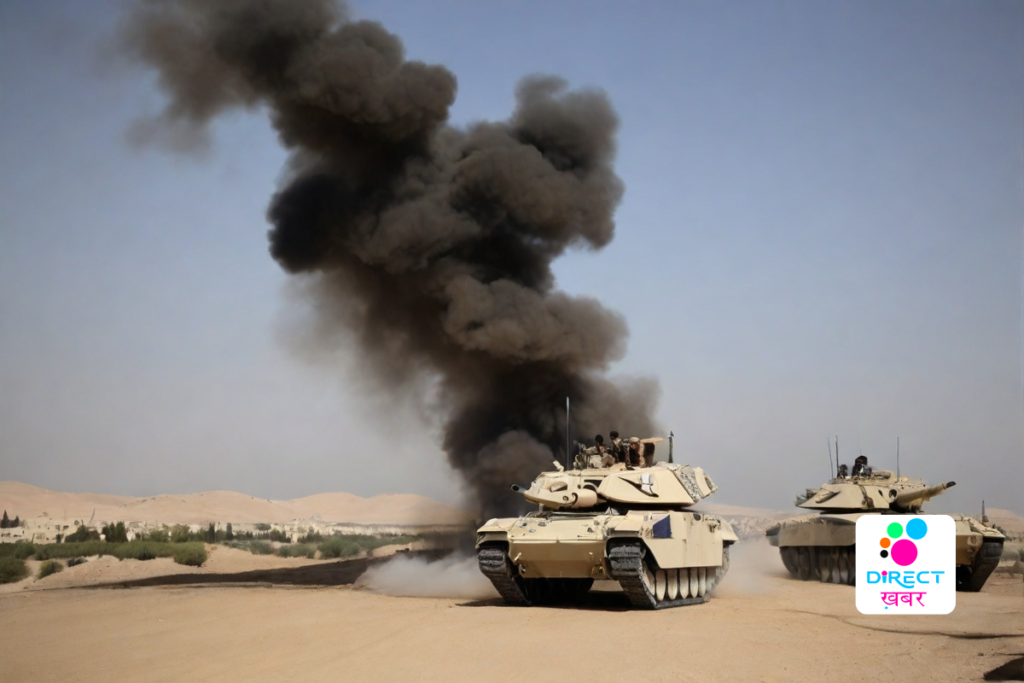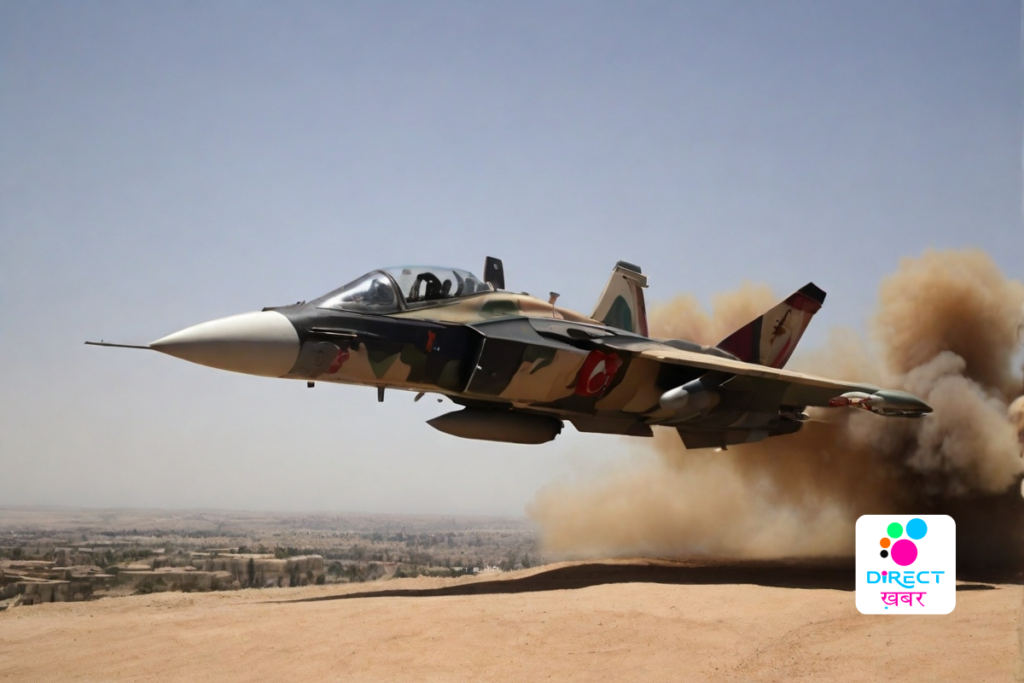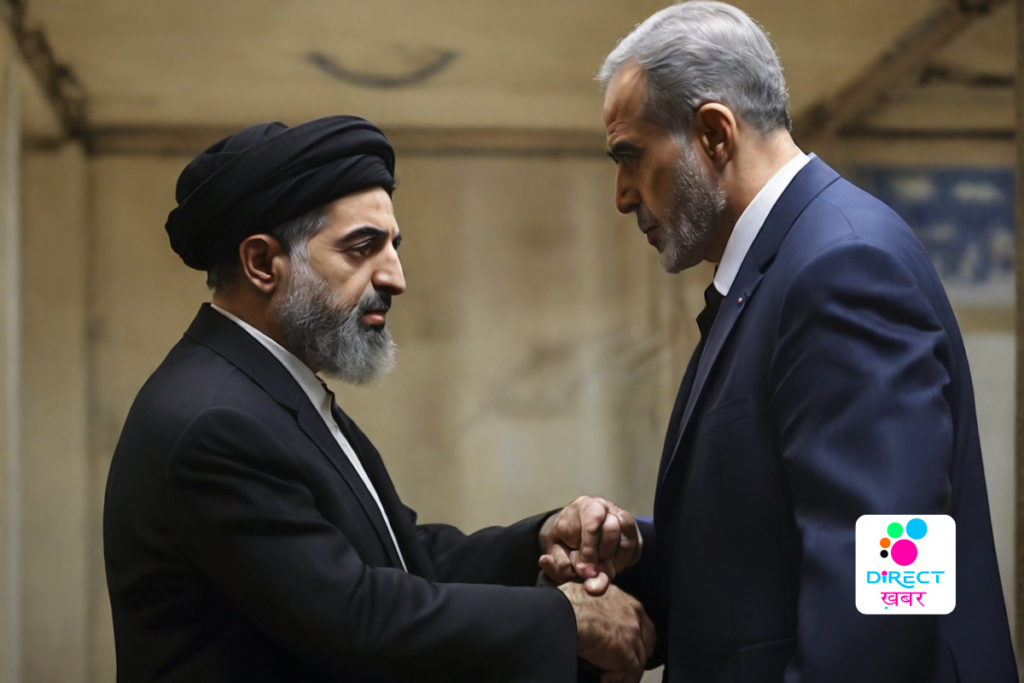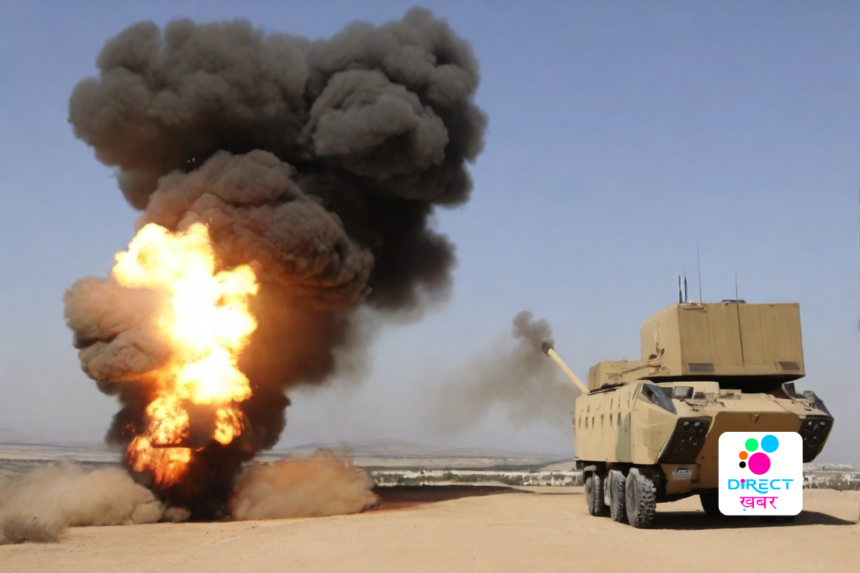Iran-Israel Tensions Escalate: Shadow War on the Brink
In recent times, tensions between Iran and Israel have reached a dangerous peak. The situation escalated when Israel carried out an airstrike on an Iranian consulate in Damascus on April 1st, resulting in the deaths of several high-ranking members of the Islamic Revolutionary Guard Corps. Iran has vowed war retaliation, sparking fears of a wider conflict. This incident is just the latest in a series of confrontations between the two countries.

Israel has been actively engaging in what it terms “the war between the wars” in Syria. This involves targeting Iranian arms shipments destined for Lebanon and attacking Iranian-linked personnel. Additionally, Israel has conducted covert operations to disrupt Iran’s nuclear program and military facilities. On the other hand, Iran has long supported various militias opposed to Israel, including Hamas. Iran’s involvement in conflicts across the region, such as in Yemen, Lebanon, and Iraq, has further fueled tensions.

The ongoing conflict in Gaza adds another layer of complexity to the situation. With the conflict now in its seventh month, both Iran and Israel are under increased pressure to assert their dominance. However, any escalation risks drawing in other regional and international actors, including the United States, which has pledged support for Israel.
There are differing views within Iran on how to respond to Israeli aggression. While some advocate for strategic patience and calculated retaliation, others argue that a failure to respond would be perceived as weakness and invite further attacks. Similarly, Israeli officials have made it clear that any direct attack on their territory will be met with swift retaliation.

The risk of miscalculation is high, and the consequences could be devastating. A full-scale conflict between Iran and Israel would likely result in significant loss of life and further destabilize an already volatile region. It is crucial for both sides to exercise restraint and seek diplomatic solutions to de-escalate tensions. International partners must also play a role in urging moderation and preventing the situation from spiraling out of control. The stakes are too high for either side to allow the situation to escalate further.






